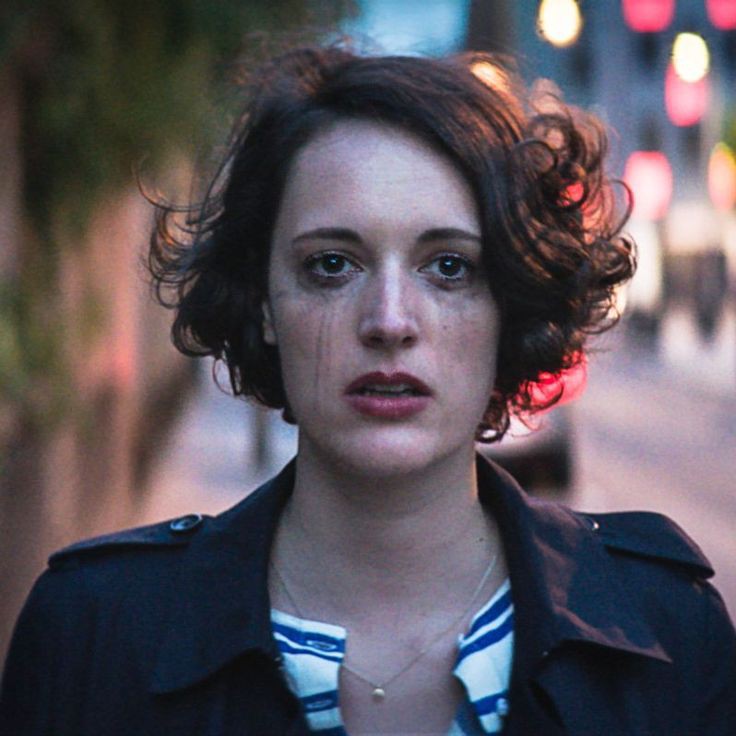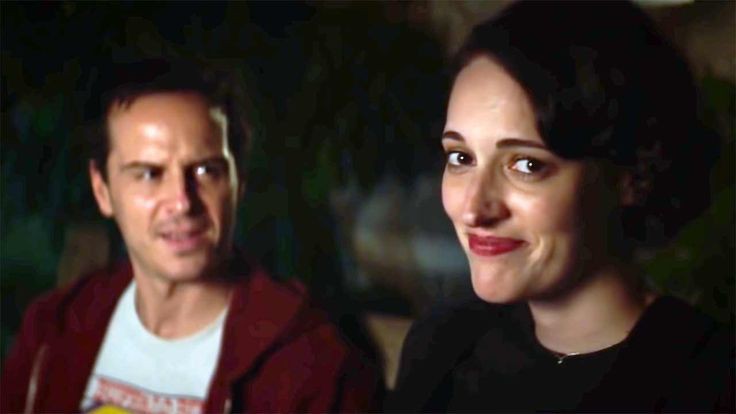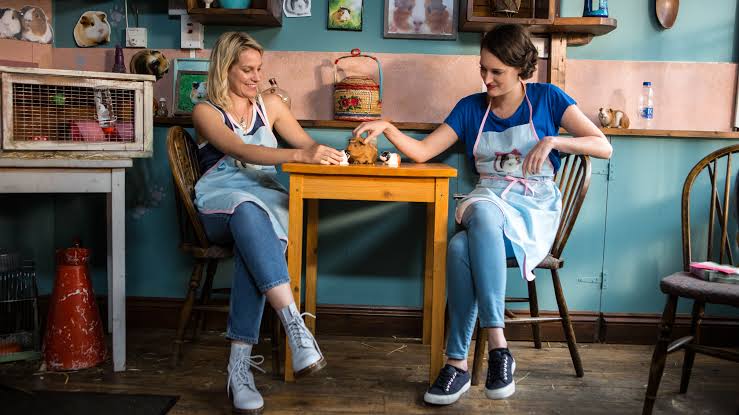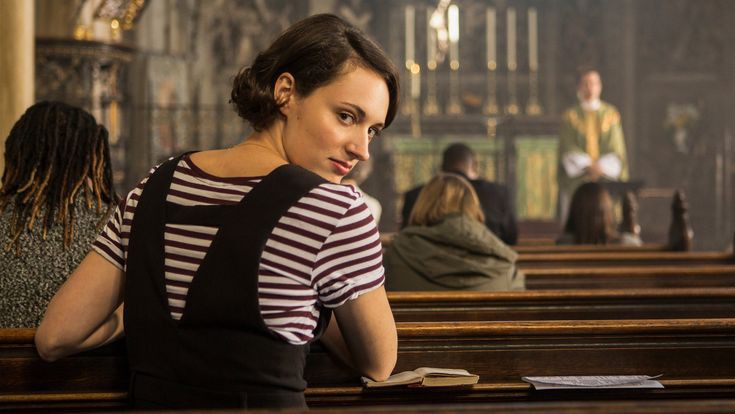The unmentionable and taboo topic of death makes it very hard to paint an accurate picture of grief. Grief that is so personal to its bearer, to its host, that engulfed by it they almost become comfortable in it. Death is that ingredient which turns love into grief and if holding on to that grief and its dozens of unhealthy coping mechanisms means holding on to that love then who would easily give it up?

Fleabag showcases the life of a person whose every choice is grounded in life’s limitless possibility of loss. Wrapped up in witty one-liners, darkly humorous narrative, awkward conversations and presented with a cute bow of forbidden love, it presents to us silent soul-crushing grief. The first few episodes of Fleabag make it clear that the protagonist has suffered some sort of loss and is trying to cope with the help of unhealthy, often unwanted romantic/sexual relationships. Protection against future losses and escape from past grief are both easier to deal with in hollow relationships. The primary relation serving as Fleabag’s escape is the one she has with the viewers. Phoebe Waller-Bridge’s Fleabag regularly breaks the fourth wall (an imaginary wall between actors and their audience) to build a relationship with the viewers. She dissociates from her own life to gain a moment of relief. The escape provided by this ‘getting away’ is a secret between her and the viewers, an intimate relationship unseen by others. The viewers, for a long time, are her only confident and so she presents herself somewhat flatteringly to them. She makes them feel important with entertaining quips, inside jokes and sly expressions while at the same time gaining their understanding and trust. Phoebe Waller-Bridge doesn’t just give us Fleabag (the show) but also Fleabag (the person). Fleabag oversteps the fourth wall to gift us Fleabag because she is not ready to handle what’s within her. One instance highlighting this relation is Fleabag’s conversation with a therapist. When asked who she confides in or who her friends are, she looks at the camera, and the message is clear. Though validating, this moment is bittersweet because the viewers know they are a replacement.

The first season started with the surprise of Boo’s death and ended with the circumstances leading to it. Boo was Fleabag’s best friend who accidentally killed herself in her attempt to be merely harmed to gain the sympathy and attention of her boyfriend. Though the viewers know Boo through the many flashbacks scattered throughout the series, Boo never witnesses the viewer because, in none of these memories, Fleabag ever looks at the camera or the viewer. For Fleabag, Boo’s presence was enough and all-consuming, one where the constant need to escape herself did not exist.
“Let’s never ask anyone for anything”
-Boo
Fleabag complied with Boo’s request even after she was gone. When help is required to sustain the hamster-themed cafe they owned together instead of turning to her family she tries to get a loan. Fleabag’s attempt to do things Boo’s way is an indication that Boo still directs her actions. Her every action is an attempt to keep her close, to still hold on to her.

Fleabag’s loss in the first season is bold, it’s easy to see its trace in everything. The number of crises and a string of bad decisions surrounding Fleabag in the first season makes it easier to remember the loss but the second season has a more subtle ambience. The grief is still ever present but more as a permanent undercurrent than the storm hitting one in the face. Boo’s death is not the only grief or rather love Fleabag is carrying. Flashbacks show the death of her mother before Boo and during a conversation in one such flashback one of the clearest depictions of loss is seen.
“I don’t know what to do with it”
“With all the love I have for her. I don’t know where to put it.”
-Fleabag
The tangible heaviness of grief conveyed with a handful of words is way more communicative than scenes of the funeral. The series does not simply portray the immediate aftermath of loss but its evergreen nature fueled by love because what is grief if not love personified? Till the time one is carrying that love, how can one leave grief behind?

In her journey of twelve episodes, Fleabag carries with her the love for her mother, best friend and even a priest with whom she later falls in love. Fleabag’s love for the priest is not lost to death but very human choice. The priest chooses his religion over a relationship with Fleabag and while in episode one Fleabag may have gone right back to her old habits, and unhealthy coping mechanisms and pulled up her defence of escapism, episode twelve one knows better. Instead of taking solace in the false intimacy built with her viewers, when Fleabag looks at the camera one last time it is without acknowledgement. She turns and walks away from the comfort of the broken fourth wall towards hopefully a better future.
“I have a horrible feeling that I’m a greedy, perverted, selfish, apathetic, cynical, depraved, morally bankrupt woman who can’t even call herself a feminist.”
–Fleabag
Maybe (in Fleabag’s own words) this is her truth on that side of the screen but the ones on the other side would differ. Anyone experiencing Fleabag’s life through the screen sees the love she carries playing its assigned part in grief. They question their sense of humour and sometimes even morals when one of her specifically-placed chaotic lines pulls a laugh from them and probably ends up agreeing with her father’s assessment.
“I think you know how to love better than any of us. That’s why you find it all so painful.”
-Fleabag’s Dad.
-Aayushi Jaiswal
B.A. Hons Philosophy
3rd year.

